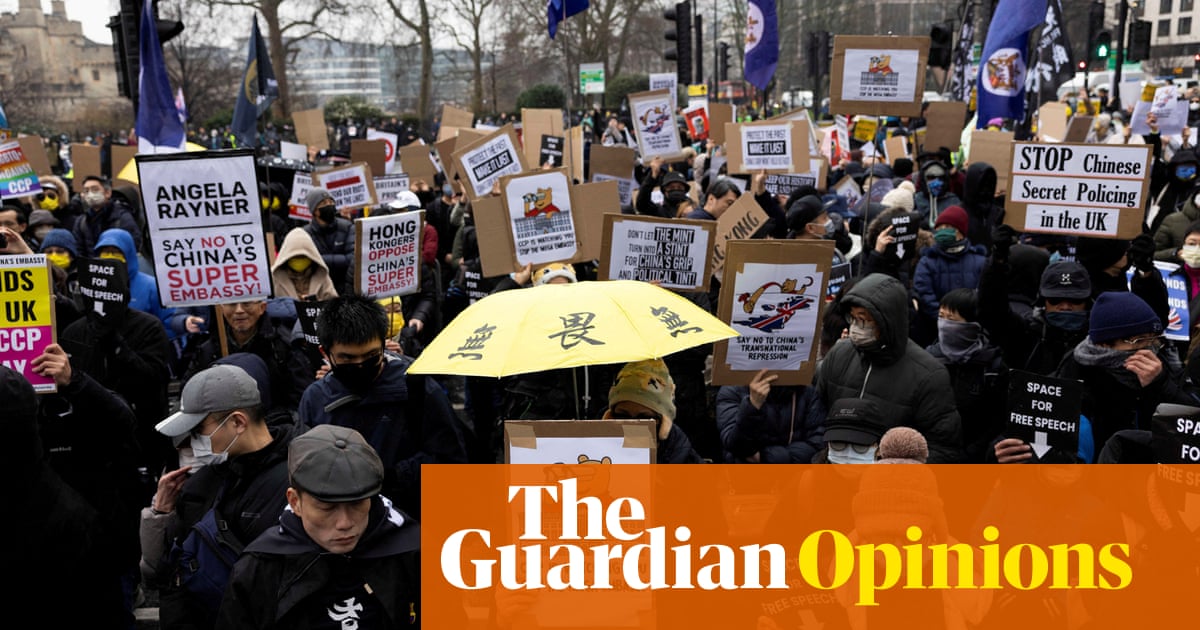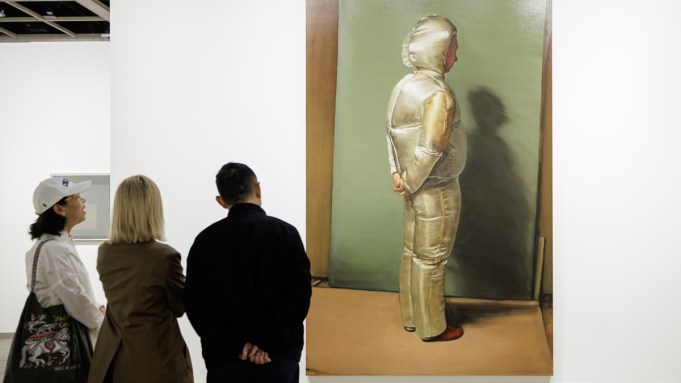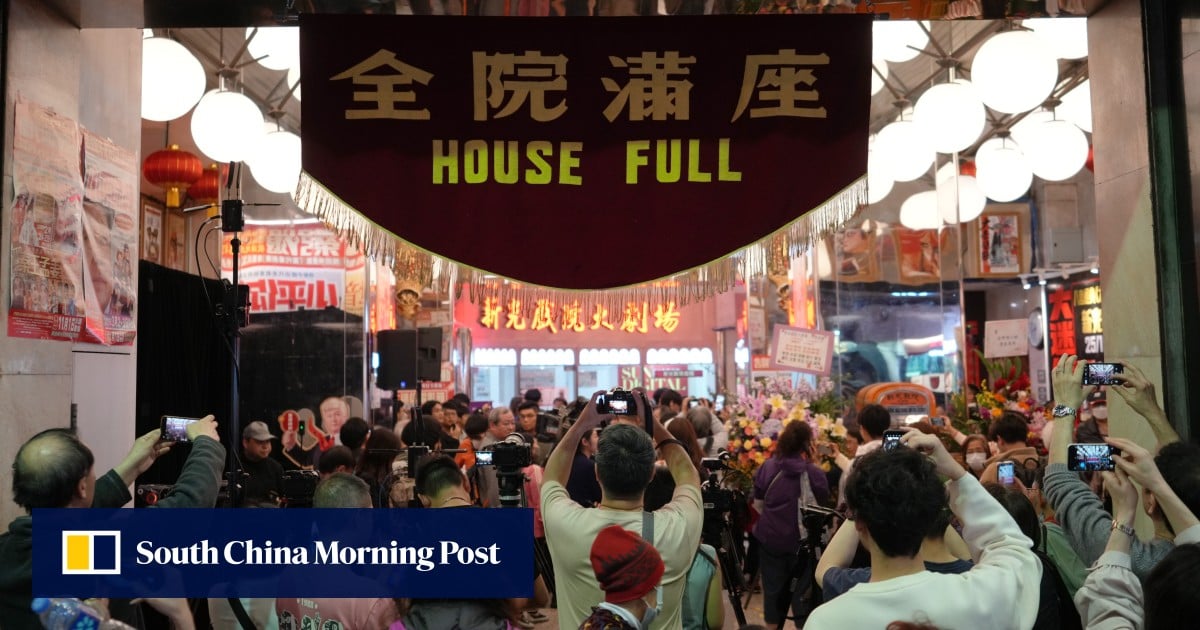Last week, my husband and I flew to Hong Kong with real excitement to see my family and meet our newborn grandson for the first time. Welcoming a family member is a precious moment and this was going to be a special trip. But what would have become an incredible memory – seeing our grandson for the first time – was snatched from us before we reached the baggage carousel.
Arriving at passport control, all seemed well. I handed my passport to a polite immigration official who put it into the computer system, and then paused. At this point I realised that something had been flagged up.
After being led off to a room for questioning, I was interviewed and my luggage was thoroughly searched. After three hours I was simply told that I was denied entry, and was bundled on to the next flight back to London. My passport was only returned after I landed in the UK and left the plane.
Throughout all this, I felt two overriding emotions: anguish, at not being able to see my family and meet my grandson; and confusion. At no point was I told why I was being deported. Without a satisfactory answer from the Chinese government – which has simply affirmed that “the Hong Kong SAR [special administrative region] government has the authority to handle individual cases of entry” – I must draw my own conclusions. The most alarming is that I was denied entry because of my role as a British parliamentarian, and one who has levelled criticism at Beijing for its human rights abuses.
I don’t shy away from championing democracy and civil liberty. They are values that I hold dear, and which have shaped my life. I will never forget dancing with friends on the Berlin Wall as it – together with the dictatorship that built it – crumbled. They are values, though, that are under increasing threat. The optimism of the 1990s has been replaced by a belated recognition: that we must renew and protect our values in the face of a new, rising tide of authoritarianism.
Last Thursday I saw a sliver of that newly emboldened authoritarianism. It is opaque and impenetrable, and it does not offer explanations. Its tools are intimidation and obfuscation. The implications for the UK are stark. We need to be clear-eyed about the threats posed by the Chinese government – and we must take action to mitigate these threats.
Ministers should not simply accept this lack of transparency as the cost of doing business. We must be direct: if you will not be straight and don’t answer legitimate questions we cannot engage with you on the basis of mutual trust. That’s why, until we get a clear answer on why I was deported, no government minister should be visiting China on official business.
We must also address the risks posed to us at home. This should begin with the government taking immediate steps to prevent the further expansion of China’s security apparatus in the UK by, once and for all, blocking proposals for a new Chinese “super embassy”. It seems obvious that a base for potential “spy dungeons” should not be built on the site of the former Royal Mint, on the City’s doorstep – but this government has inexplicably refused to rule it out.
The crisis over the Scunthorpe steelworks should also raise fresh concerns about the role of Chinese interests in our national infrastructure. The decision by British Steel’s owners, Jingye, to turn down the government’s £500m offer to support the plant’s future precipitated the near collapse of the UK’s virgin steel production last week. We cannot find ourselves in a similar position again: scrambling to save a vital domestic industry that has been left to struggle by corporations based in foreign countries which do not share our interests or ideals.
This adds urgency to Liberal Democrat proposals for an audit of UK-based assets owned by companies or officials from countries listed as Foreign Office human rights priorities, including China. The government should include a commitment to this in its own UK-China audit – the publication of which, originally expected early this year, should now be completed urgently as we face new geopolitical uncertainties.
Our response to the Trump administration’s unreliability mustn’t be to throw ourselves into the arms of authoritarian states like China. We must continue to stand up for our values and interests. If the government refuses to stand tall now, when will it?


